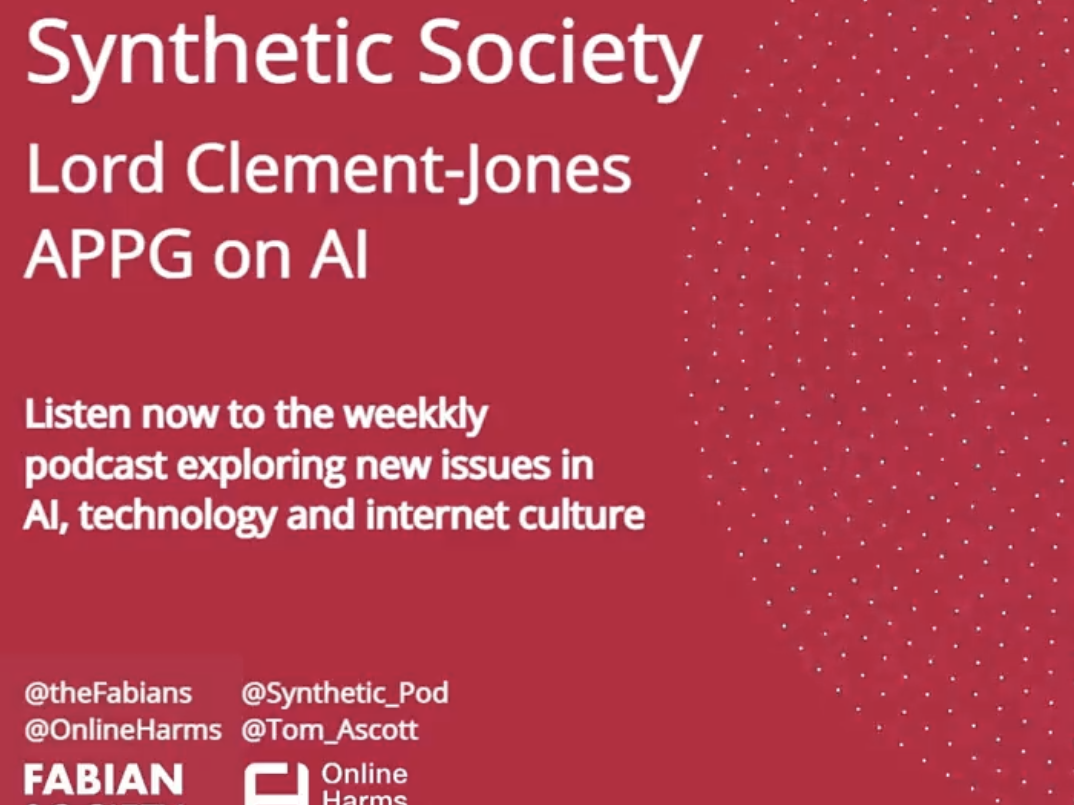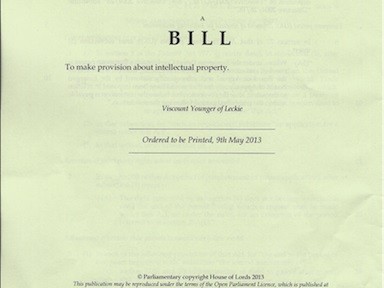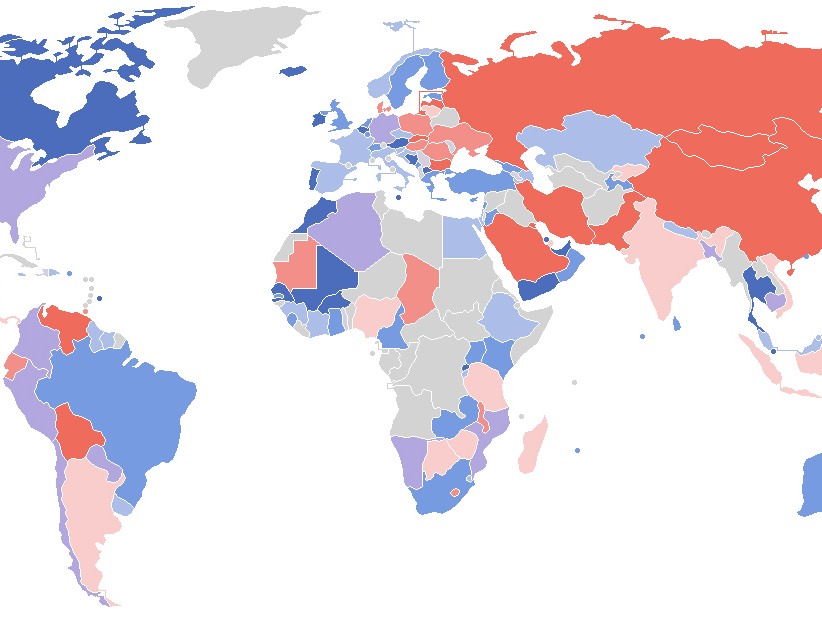Sadly I am unable to be present for and take part in the Debate on the Second Reading of the Assisted Dying Bill this Friday and I have been unable to reply to the huge volume of correspondence but I want to put my views on record beforehand
Some colleagues have changed their minds on the subject since Lord Joffe’s Bill came to parliament a few years ago. I have not.
The Bill is designed allow doctors to give lethal drugs to adults thought to be mentally competent and diagnosed with less than six months to live.
There are many who view the safeguards in the Bill as inadequate and the systems to tackle undue influence inadequate . Mine are more fundamental-the inability of doctors and modern medicine to be at all sure about prognosis and life expectancy.
My late wife Dr Vicky Clement-Jones for example was given 3 months to live with late stage Ovarian Cancer but survived for 5 years and in that time established Cancer Bacup’s Cancer Information Service now run by Macmillan Cancer Support.
This is an extract from Dr Ruth Johnston to Lord Carey, formerly Archbishop of Canterbury which sums up my thoughts entirely:
I write as a doctor working in oncology, with relation to the article you authored in the ‘Daily Mail’ on 12th July 2014.
I work primarily with patients who have lung cancer. The majority of these patients have Stage IV (metastatic) disease, which is inoperable and incurable, and in whom the median survival is generally of the order of 6 months.
I offer my patients the opportunity to discuss prognosis, and if they want to know this information, I explain that median survival is the time when 50% of patients (with their particular disease type and stage) are alive and 50% are dead. I always explain that predicting survival times is difficult and that some patients do much better than their doctors initially expect. I still review several patients who were originally considered by their oncologist to have a prognosis of less that one year, yet who are alive between 3-5 years after the initial diagnosis.
I write this to explain that determining prognosis, even in a quite predictable disease such as cancer where there are survival statistics available, is difficult, non-exact, and prone to error even among the most experienced practitioners. It is important to recognise that there can be a considerable range of survival times and that long term survivors are known in patients assessed by an oncologist and considered to have ‘terminal cancer’.
The ability to determine prognosis in other diseases, such as progressive neurological diseases, chronic heart, lung or kidney disease etc. is much more difficult, and prediction of survival times is prone to even more significant error.
In a Bill which allows there certifying doctors no requirement to know the patient in question, I think it is unlikely that a doctor who has not met the patient can provide accurate information on prognosis for differing disease types and stages.
I have reflected on the effect implementation of an Assisted Euthanasia Bill would have on my practice: while advising a patient with Stage 4 lung cancer of their diagnosis and treatment options and providing prognostic information, my patient and I would be aware that the an assisted death would be a possible ‘option’ given their short survival times (i.e. as per the proposed Bill ‘reasonably expected’ to die within six months). I think that an ‘assisted dying’ option would negatively impact my relationship with my patient, who might fear that I and the other health professionals involved in their care might not offer the full options of treatment available, or that by discussing survival times doctors might have the motive of opening up the patient’s consideration of assisted dying.
Symptoms of fatigue, depression and, not infrequently, disability, are often seen in patients with advanced malignancy. Assisted dying is conceivably going to be offered to patients who have the potential for reversibility of symptoms and alleviation of distress with the help of (among others) oncology, palliative medicine and general practitioner services. I am concerned that my cancer patients who often have understandable anxiety and depression at their diagnosis, may fear being a burden to their family and the health service, and choose an assisted death. A painful death or terminal suffering is not common in cancer patients: raising the fear of the death process may cause my lung cancer patients to feel they should end life early, rather than risk a difficult death.
To me the Bill is completely perverse to a medical practitioner. I trained and practice in medicine to help patients, to preserve life and to ‘first do no wrong’. Killing is wrong, and it is wrong to ask a doctor to prescribe a deliberately lethal dose of medicine, while also anticipating the same doctor will care and cure.
6th April 2021
Regulating the Internet
18th July 2015
Lord C-J debates the future of the BBC
8th December 2014
Danny Tells the Lib Dems’ Record on the Economy
1st December 2014
Happy New Year of the Horse!
30th December 2013
Intellectual Property Bill
24th December 2013






